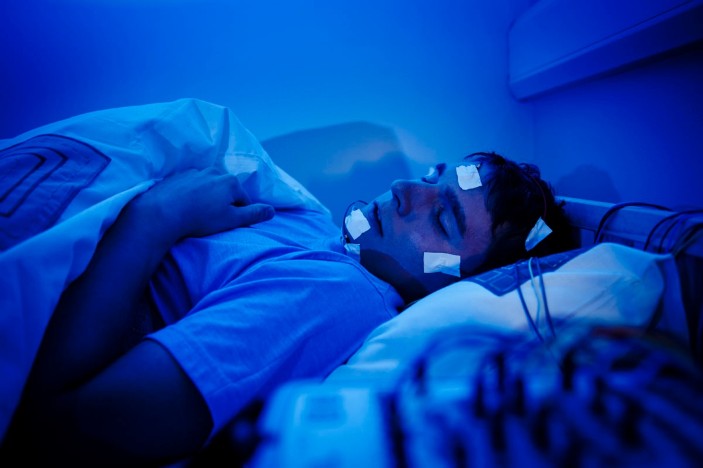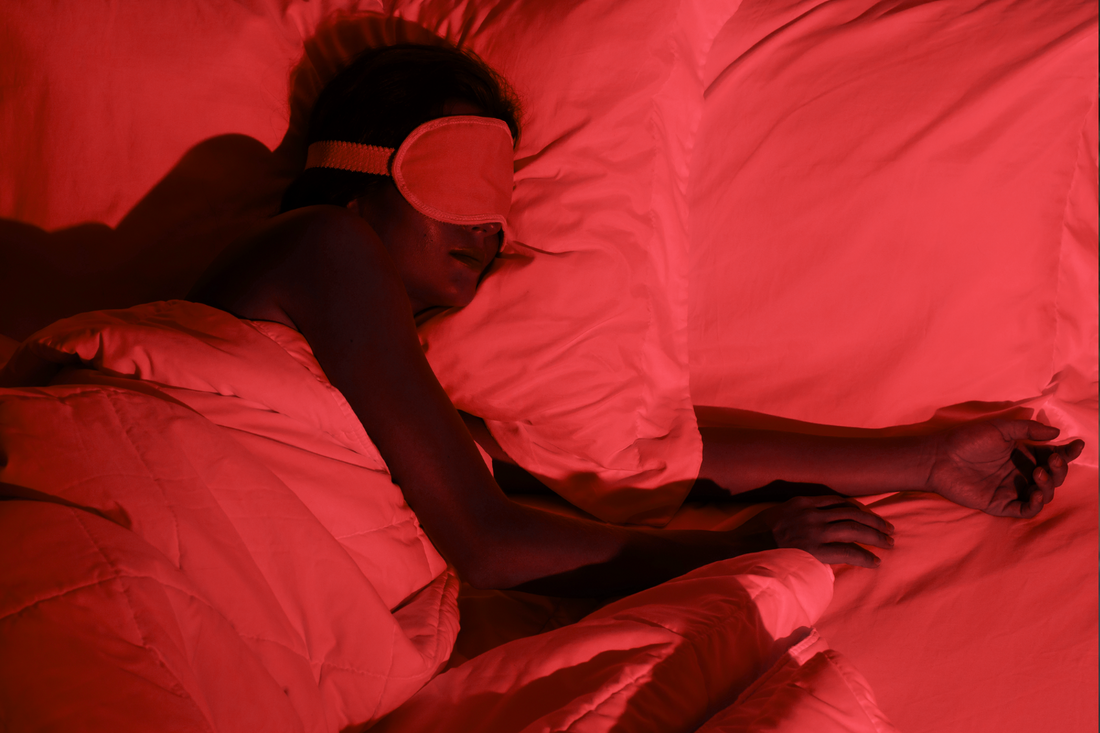Cognitive Behavioral Therapy for Insomnia (CBT-I) - Proven Techniques
Cognitive Behavioral Therapy for Insomnia (CBT-I) - Proven Techniques
Blog Article
Effective Therapy Solutions for Managing Sleep Disorders and Enhancing Relaxed Rest
In the world of health care, the monitoring of sleep disorders and the mission for peaceful rest are crucial parts of total health. As we browse the intricate landscape of sleep conditions and look for to enhance our sleep experience, a deeper understanding of these treatment remedies might hold the trick to opening a more refreshing and satisfying restorative trip.
Cognitive Behavior Modification for Sleeplessness (CBT-I)
Cognitive Behavior Therapy for Sleep Problems (CBT-I) is a structured, evidence-based therapy method that concentrates on resolving the hidden elements contributing to rest disturbances. This kind of treatment intends to change behaviors and thoughts that exacerbate insomnia, ultimately promoting healthy and balanced rest patterns. CBT-I commonly entails several vital components, consisting of cognitive therapy, sleep constraint, stimulation control, and sleep health education and learning.
Cognitive treatment helps people determine and change negative thought patterns and ideas concerning rest that might be impeding their capacity to fall or stay asleep. Sleep constraint involves limiting the quantity of time spent in bed to match the individual's real sleep period, consequently increasing rest effectiveness (sleep improvement therapy). Stimulation control techniques aid establish a solid association between the bed and rest by encouraging people to head to bed only when drowsy and to avoid participating in promoting tasks in bed
In addition, sleep health education concentrates on establishing healthy and balanced rest habits, such as maintaining a constant rest timetable, developing a relaxing bedtime regimen, and optimizing the sleep environment. By dealing with these variables comprehensively, CBT-I uses a reliable non-pharmacological intervention for taking care of insomnia and boosting general sleep high quality.
Sleep Hygiene Practices
Having actually established the foundation of cognitive restructuring and behavioral modifications in attending to sleep problems with Cognitive Behavior modification for Insomnia (CBT-I), the emphasis currently changes in the direction of exploring essential Rest Health Practices for preserving optimum rest high quality and overall wellness.
Sleep hygiene methods incorporate a series of habits and ecological factors that can significantly impact one's capacity to fall asleep and remain asleep throughout the evening. Constant rest and wake times, developing a relaxing bedtime routine, and optimizing the rest atmosphere by maintaining it dark, peaceful, and cool are important elements of good rest hygiene. Limiting direct exposure to displays before bedtime, avoiding stimulants like caffeine near going to bed, and taking part in normal physical task throughout the day can likewise advertise far better sleep top quality.
Furthermore, exercising leisure strategies such as deep breathing exercises or reflection prior to bed can aid soothe the mind and prepare the body for rest. By including these sleep hygiene methods into one's daily regimen, people can develop a healthy sleep pattern that supports restful sleep and general well-being.
Relaxation Techniques and Mindfulness
Executing leisure techniques and mindfulness practices can play an essential function in fostering a feeling of tranquility and advertising high quality rest. Additionally, directed images can aid transport individuals to a serene area in their minds, assisting in anxiety decrease and enhancing sleep high quality.
Mindfulness practices, such as reflection and yoga, are likewise reliable in promoting leisure and improving sleep. Mindfulness motivates people to remain existing in the minute, releasing concerns regarding the past or future. By including these techniques into a bedtime regimen, individuals can signal to their bodies that it is time to prepare and unwind for rest. In general, integrating relaxation techniques and mindfulness practices can considerably add to taking care of rest problems and improving overall rest high quality.

Medication Options for Sleep Disorders
After checking out leisure techniques and mindfulness methods as non-pharmacological interventions for enhancing rest top quality, it is important to think about medication options for individuals with sleep disorders. In instances where lifestyle changes and therapy do not offer enough alleviation, medicine can be a valuable tool in taking care of rest disruptions.
Frequently recommended medicines for click here for more sleep disorders consist of benzodiazepines, non-benzodiazepine insomnia pregnancy hypnotics, antidepressants, and melatonin receptor agonists. Antidepressants, such as trazodone, can be useful for people with co-occurring depression and rest disturbances - insomnia specialist.
It is important for individuals to speak with a medical care carrier to figure out the most ideal drug alternative based on their details rest disorder and case history.
Light Treatment for Circadian Rhythm Regulation
Light therapy, additionally understood as photo-therapy, is a non-invasive therapy method made use of to regulate circadian rhythms and enhance sleep-wake cycles. This treatment includes direct exposure to intense light that resembles natural sunshine, which helps to reset the body's internal clock. By revealing individuals to specific wavelengths of light, commonly in the morning or night depending on the wanted result, light treatment can successfully change the body clock to promote wakefulness during the day and boost relaxing rest during the night.
Research has revealed that light treatment can be especially useful for individuals with body clock problems, such as postponed sleep stage syndrome or jet lag. It can additionally be practical for those experiencing seasonal affective disorder (SAD), a kind of depression that usually happens throughout the winter months when all-natural light direct exposure is reduced. Light therapy is normally well-tolerated and can be utilized in conjunction with other therapy approaches for sleep conditions to enhance results and boost total rest top quality.
Final Thought
In conclusion, reliable therapy options for taking care of sleep conditions and improving relaxed rest include Cognitive Behavior modification for Sleep Problems have a peek at these guys (CBT-I), sleep hygiene techniques, leisure techniques and mindfulness, medication alternatives, and light therapy for body clock regulation. These strategies can assist people boost their rest quality and overall well-being. It is essential to talk to a healthcare supplier to establish the most appropriate strategy for addressing sleep concerns.
As we browse the complex landscape of sleep disorders and look for to enhance our rest experience, a much deeper understanding of these treatment services might hold the trick to unlocking a much more refreshing and satisfying restorative journey.
Sleep constraint involves limiting the amount of time invested in bed to match the individual's real rest period, thus boosting rest effectiveness. Constant rest and wake times, creating a relaxing bedtime routine, and enhancing the rest environment by keeping it dark, quiet, and cool are essential components of good rest health. Light therapy is normally well-tolerated and can be made use of in combination with various other treatment methods for rest conditions to optimize outcomes and enhance total sleep high quality.

Report this page